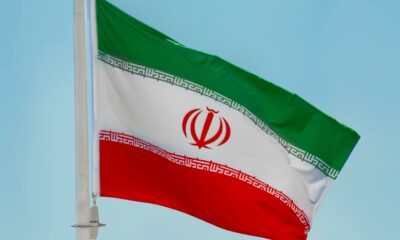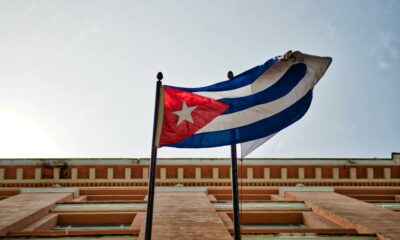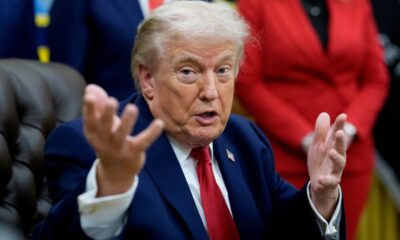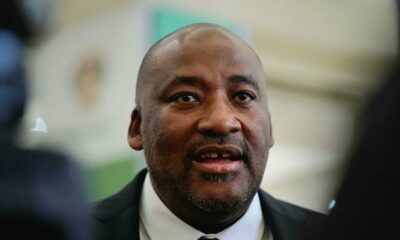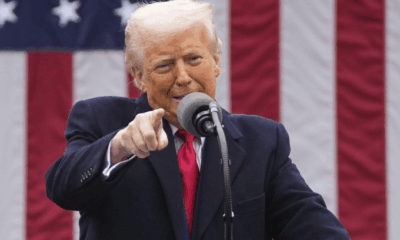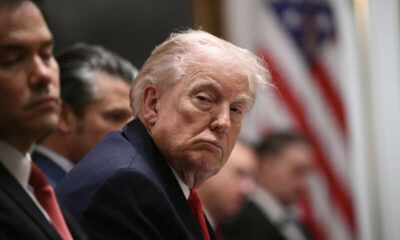News
Foreign Journalists in the U.S. Fear a Precarious Future Under Trump
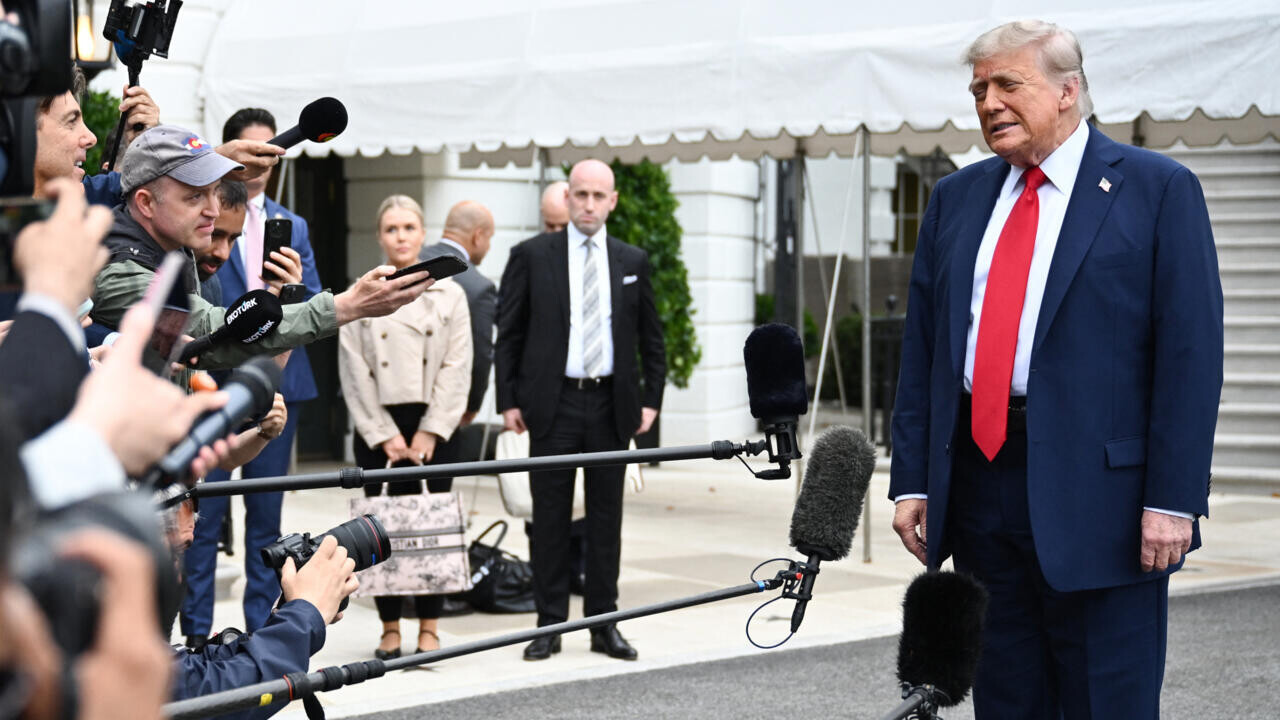
From tense press briefings to shrinking visas, reporters face new pressures
In Washington, tension between President Donald Trump and the press has always been a defining feature of his politics. But this week, it was foreign journalists who felt the chill most directly. When Trump publicly berated Australian reporter John Lyons for questioning his business dealings, colleagues in the press corps took the moment as more than a personal outburstit sounded like a warning.
“You are hurting Australia very much right now,” Trump told Lyons, adding that he planned to raise the matter with Australia’s prime minister. The exchange, replayed on U.S. networks and dissected in media circles, reinforced fears that Trump’s second administration is not only combative with the press but willing to use foreign reporters as leverage in diplomatic relationships.
A shrinking welcome
The confrontation comes against the backdrop of a new visa policy that drastically shortens the time foreign correspondents can stay in the U.S. Journalists who once had five-year visas now face a renewable 240-day permit. For Chinese reporters, it’s even tighterjust 90 days.
“How am I supposed to rent a flat, or put my kids in school, on a 240-day visa?” one European correspondent asked anonymously. “It takes years to build sources here. This policy makes our work almost impossible.”
The anxiety isn’t just about logistics. Press freedom advocates warn that the shortened visas could turn into a tool for soft censorship. “It creates a framework where access can be traded for favorable coverage,” Katherine Jacobsen of the Committee to Protect Journalism explained.
Press freedom across borders
The issue has drawn strong reactions from U.S.-based press groups. Mike Balsamo, president of the National Press Club, argued that undermining foreign correspondents could backfire. “A free press doesn’t stop at America’s borders. If we make it hard for foreign journalists here, other governments may do the same to American reporters abroad.”
Indeed, the ripple effects are already visible. Former Trump ambassador to Germany, Richard Grenell, openly called for a German reporter’s visa to be revoked, accusing him of political bias. And in the aftermath of conservative influencer Charlie Kirk’s assassination, Deputy Secretary of State Christopher Landau warned foreigners against “praising or rationalizing” the killing, a statement many journalists read as a veiled threat.
Winners and losers
Yet not every foreign outlet is under siege. Some media organizations aligned with Trump’s political style have found open doors. GB News, the British right-wing channel featuring Nigel Farage, was welcomed into the Oval Office and given a seat on Air Force One during Trump’s UK visit.
For other foreign reporters, however, the mood is one of quiet resignation. Several contacted by AFP admitted they now self-censor to avoid drawing attention from the White House or Trump’s MAGA allies.
A wider picture
Foreign journalists have long been part of Washington’s ecosystem, shaping how global audiences understand U.S. politics. Their presence also reflects America’s image as a country confident enough to allow outsiders to question its leaders. With the new visa restrictions, that tradition feels increasingly fragile.
As one European correspondent put it: “We came here believing America valued openness. Now, we’re not sure how much longer we can stay or what price we’ll pay for asking hard questions.”
{Source: IOL}
Follow Joburg ETC on Facebook, Twitter , TikTok and Instagram
For more News in Johannesburg, visit joburgetc.com

